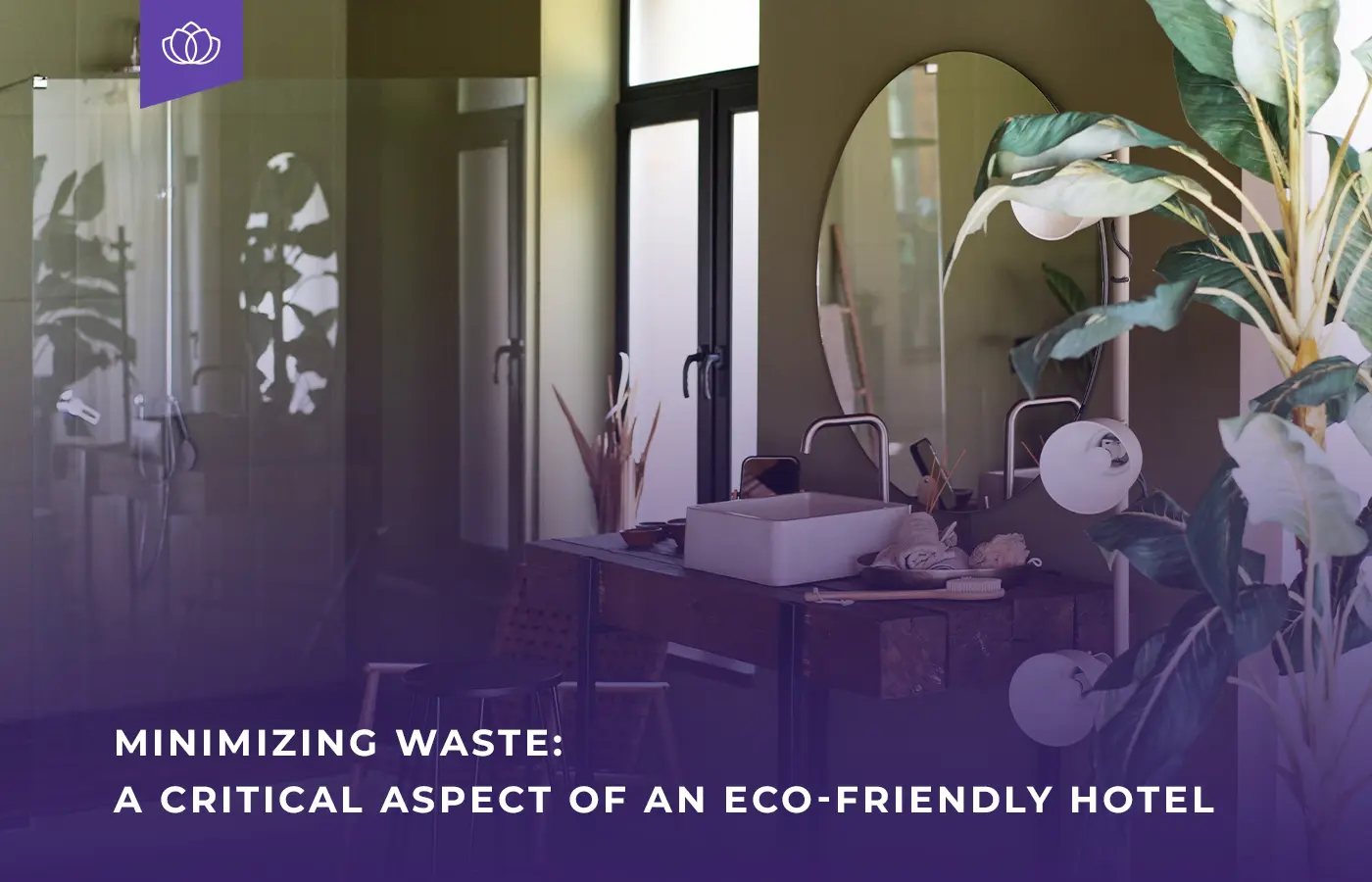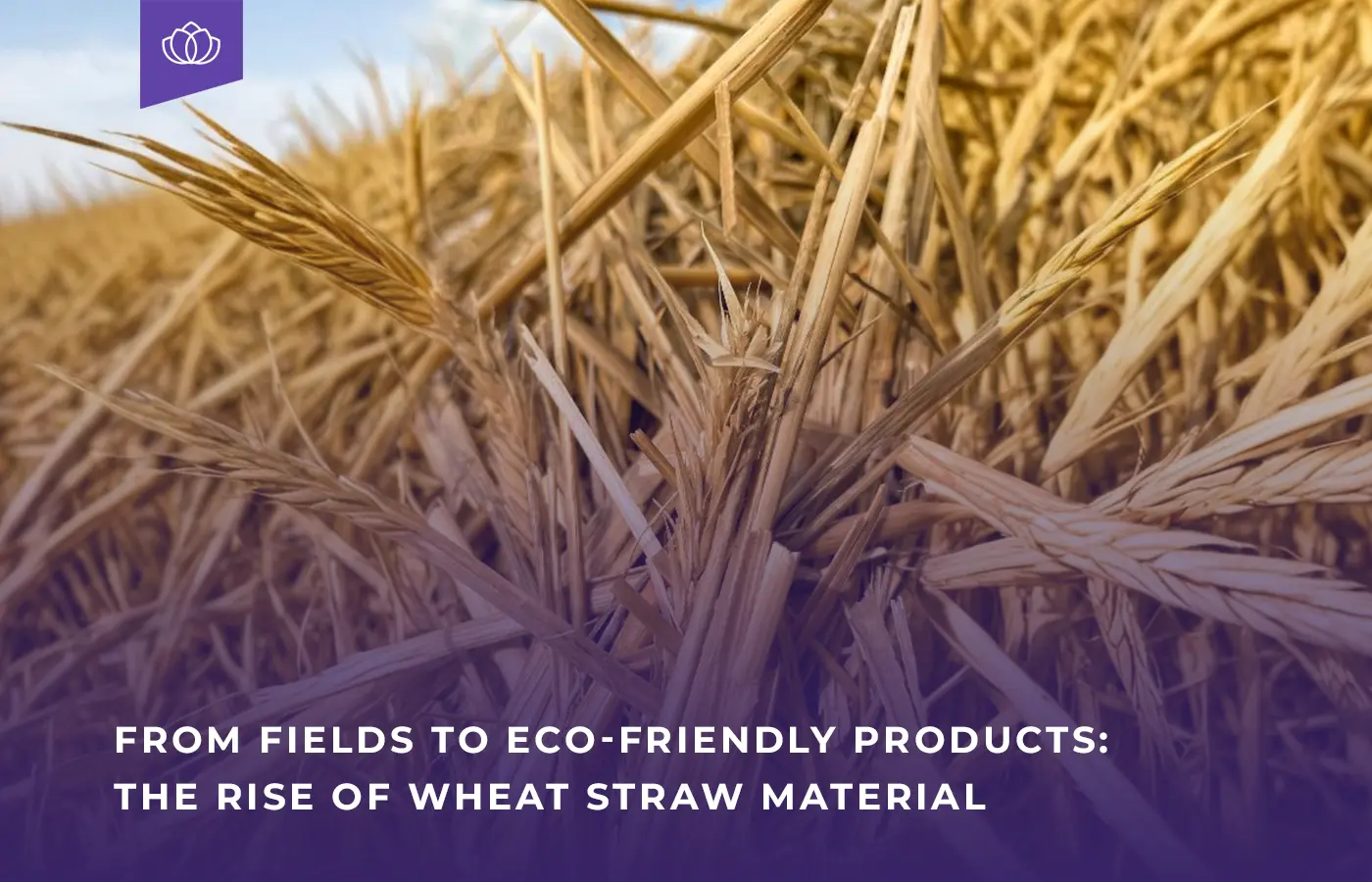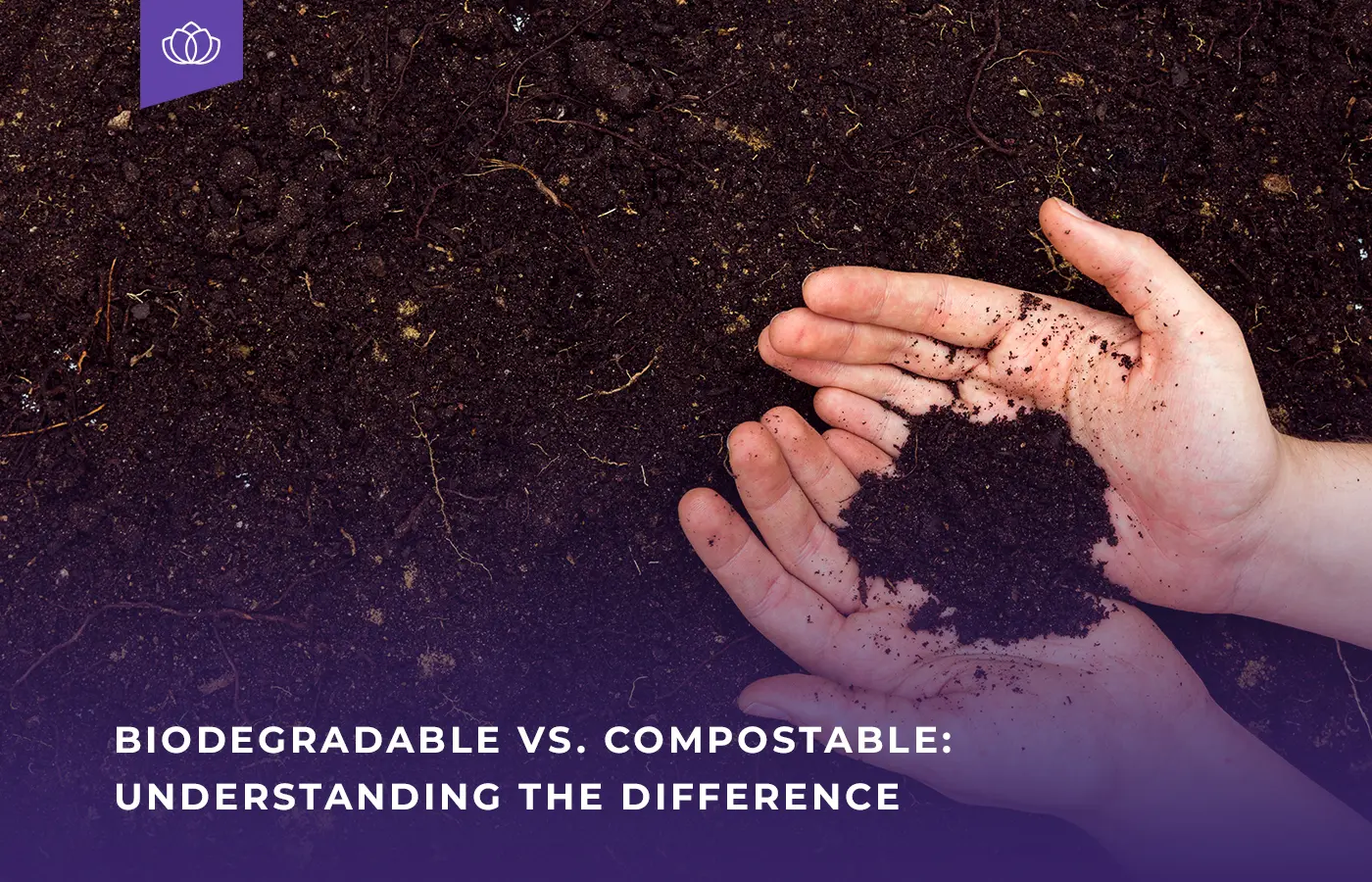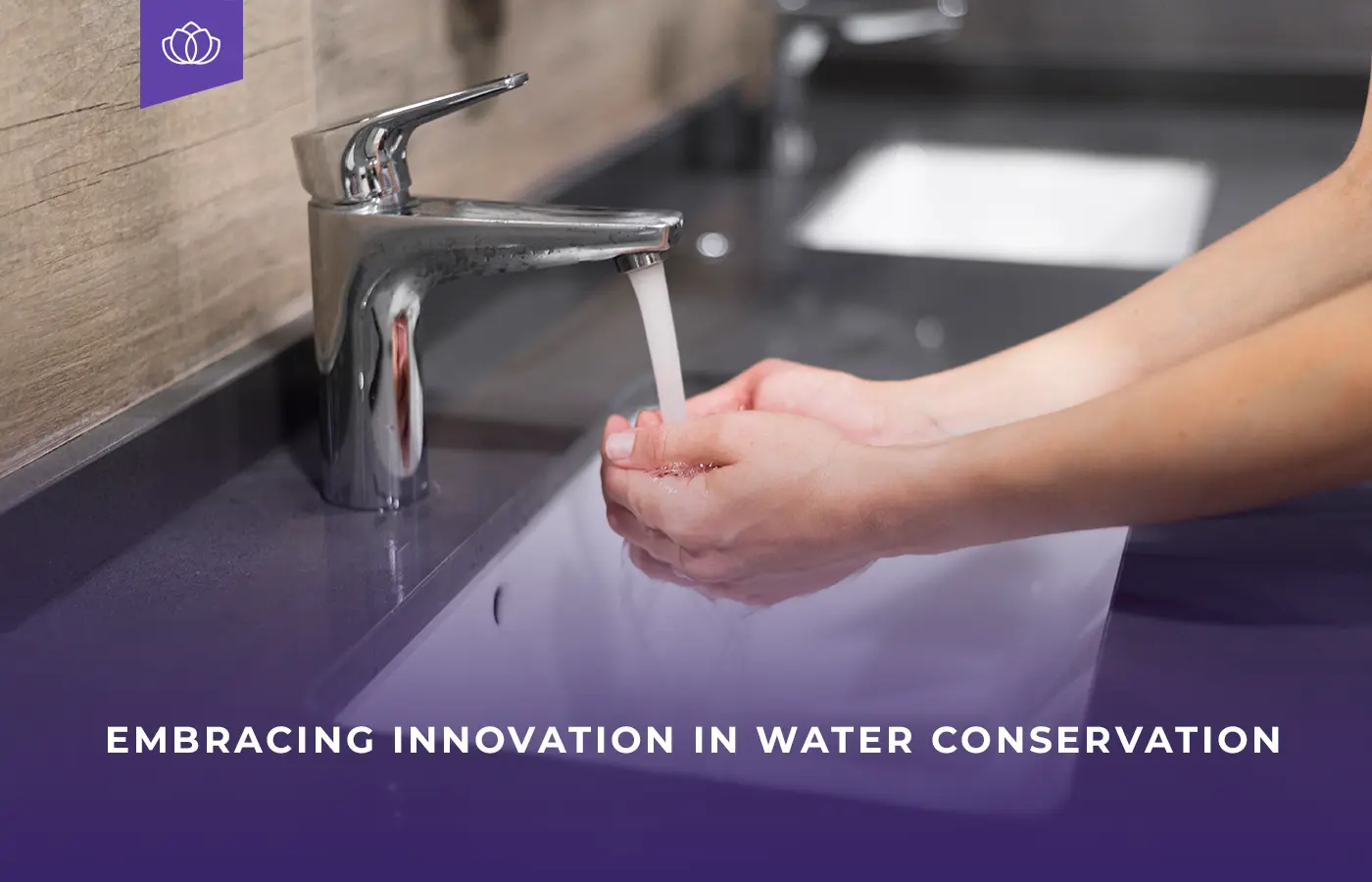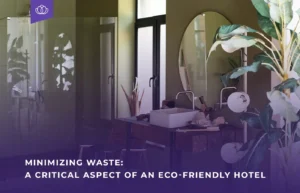Waste reduction is a critical aspect of running an eco-friendly hotel. Start by implementing recycling programs for paper, plastic, and metal. But why stop there? Composting organic waste can be a game-changer, turning leftover food and green waste into nutrient-rich soil for the hotel gardens. Additionally, ditching single-use plastics for biodegradable alternatives speaks volumes about your commitment to the environment.
The travel industry and the increased number of tourists are driving the rise of hotels worldwide. Hotels generate significant solid and hazardous waste. Properly managing waste in hotels is a massive challenge for guests. It may be related to management attitudes, visitor or guest awareness, or employee behaviour. Effective management of these difficulties can benefit the hotel financially and socially through awards and accreditation. Hotels can cut operational costs and maintain sustainability by recycling waste.
Waste Not, Want Not:
The expression waste not, want not is advice not to waste anything (any resource) as they might need it in the future. In other words, excessive use of a material will deplete your resources.
Detailed Guide to Minimizing Waste in Hotels
Waste minimization in hotels is a multifaceted approach encompassing reducing, reusing, and recycling waste generated by hotel operations. By implementing effective waste management strategies, hotels can significantly reduce their environmental footprint, save money, and appeal to eco-conscious guests.
Here are a few pointers on how to make it happen:
Conduct a Waste Audit
Begin with a rigorous, structured waste audit to quantify your hotel’s waste production and type. Audits reveal waste habits and ways to improve them. Waste-consciousness can mean:
- Lower waste creation
- Optimizing scarce natural resources
A waste audit is the first step to cost-effective waste reduction. It will provide valuable insights into what material you use and how to recycle or reduce it, helping you significantly reduce waste. Identify the largest sources of waste, whether food, packaging, or disposable items, and target those areas first.
Reduce Food Waste
Food waste is a significant issue for many hotels.
Implementing strategies such as inventory tracking, portion control, and menu planning can drastically reduce the amount of food waste produced. Additionally, donating surplus food to local shelters or composting organic waste can divert food from landfills and contribute to community welfare and soil health.
Eliminate Single-Use Plastics
Single-use plastics, such as straws, bottles, and cutlery, contribute significantly to environmental pollution. The hotel can focus on some plastic waste reduction strategies:
- Support Reusable Amenities
- Use refillable shampoo, conditioner, and body wash dispensers and educate guests.
- Provide reusable water bottles in rooms and refill stations and stop using plastic water bottles.
- Remove plastic straws and use paper or reusable ones. Use wooden or metal utensils instead of plastic.
- Use compostable takeaway containers instead of plastic.
Hotels can make a big difference by replacing these items with reusable or biodegradable alternatives. Subsequent articles will discuss this topic further.
Engage in Comprehensive Recycling Programs
Developing a robust recycling program is essential for minimizing waste. This involves setting up labelled recycling bins for guests and staff and training employees on proper recycling practices. Work with local recycling facilities to understand what materials can be recycled and how to prepare them correctly.
Implement a Reuse Program
Many hotel inventory or items, from linens to furniture, can have a second life. Implementing programs to reuse items within the hotel or donating them to charitable organizations can significantly reduce waste. For example, gently used towels and linens can be repurposed as cleaning rags or donated to animal shelters.
Choose Sustainable Suppliers
Partnering with suppliers prioritizing sustainability can further reduce your hotel’s waste footprint. Opt for suppliers who use minimal or reusable packaging and take back packaging for reuse or recycling. This reduces waste and supports sustainable practices in the supply chain.
Promote a Culture of Sustainability
Creating a culture of sustainability within your hotel involves educating and engaging staff and guests in waste reduction efforts. Training staff on waste minimization practices and encouraging guests to participate in recycling and conservation efforts can make a big difference. Providing incentives for sustainable behaviours can further enhance participation.
Monitor, Report, and Improve
As the famous adage goes, what gets measured gets done!
Monitoring waste management practices and measuring the results allows hotels to understand the effectiveness of their efforts and the gaps for improvement. Reporting these results to stakeholders, including guests, can boost your hotel’s reputation as an environmentally responsible business. Use this information to refine and improve your waste minimization strategies.
Conclusion: Leading the Charge in Waste Reduction
Stay updated with the latest news, insights, and exclusive content by following us.


